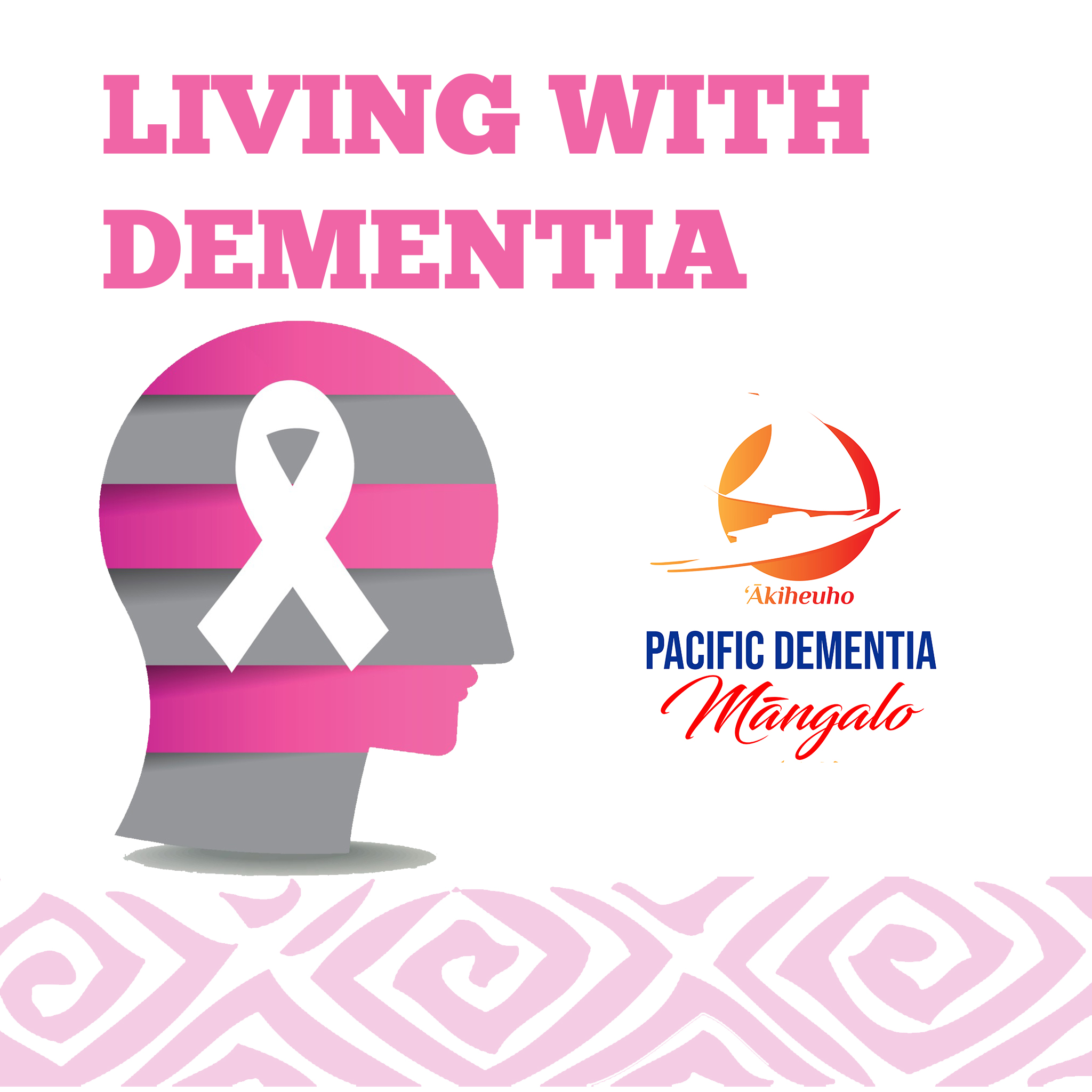Nutrition and dementia
What you eat (especially a Mediterranean diet) can reduce the risk of cognitive decline and keep you physically healthy even if you have dementia. Over time, people with dementia lose the skills necessary for food preparation and forget to eat and drink enough. Using the stove may become dangerous, shopping difficult and food storage risky. For a person living on his/ her own, pre-prepared meals (produced by family or friends or commercially, or Meals on Wheels) may help them manage longer at home.
Personal care
Personal care, including washing, bathing and dressing, is a common source of anxiety for people with dementia and their carers. It is quite common for people with dementia to lose interest in, or forget about, personal hygiene. Although this can be upsetting for carers and families, it is important to try and determine the possible causes and work out ways of coping without argument or confrontation.
Dental health
Poor dental health can cause pain, infection and malnutrition – with subsequent negative effects on cognition and behaviour. As more and more people preserve their own teeth until later ages, ensuring they are kept in good condition can be a challenge. Try to reduce the amount of sugar in the diet, eat an apple after the meal and encourage them to drink plenty of water. If you need to help someone to clean their teeth, using an electric toothbrush is more efficient. It is important to explain exactly what you are going to do if they are anxious about the procedure. Let the dentist know when a person develops dementia, but try to keep up regular appointments.
Falls
People with cognitive impairment fall more often than others. Sometimes, this is due to poor judgement (e.g. walking too fast for a particular situation). They may have perceptual problems, meaning they can’t tell where the seat is behind them, or mistake a change in floor covering for a change in level. Pay attention to various environmental hazards such as loose mats to trip over or water to slip in. Painful feet and unsuitable footwear (favourite old slippers) can contribute to falls.
Sleep
Sleep is commonly disturbed in dementia. Some of this is the result of the condition itself, but it is worth investigating whether there might be another cause. Pain is worse at night and may be a reason for someone being awake.
If there are no obvious physical problems, remember the following:
- Older people tend to have more fragmented sleep and less of it.
- Try to limit daytime napping, get up at the same time in the morning, get outside and get some exercise.
- Avoid caffeine-containing products after lunch and nicotine and alcohol in the evenings.
- Make sure the bedroom is dark and comfortable and use it only for sleeping (or sex).
- Various alarm systems work to let the carer know if the person with dementia is up and about.
It is very, very difficult and exhausting for carers if their sleep is frequently interrupted. Have someone trusted stay with the person with dementia and go elsewhere for a good night’s rest. Respite care (in a rest home or hospital) will allow the carer to catch up if sleep-deprived.
Driving
Driving can seem like an automatic activity. However it is a complicated task that requires complex thought processes, manual skills and fast reaction times. Dementia can cause loss of memory, limited concentration, and vision and insight problems. This affects a person’s judgement and ability to drive safely.
A person diagnosed with dementia may not need to stop driving straight away. However dementia causes a progressive and irreversible decline in functioning, and the person will need to stop driving at some point.
What if someone close to me may have dementia?
If the person continues to drive, discuss your concerns about their driving with them.

